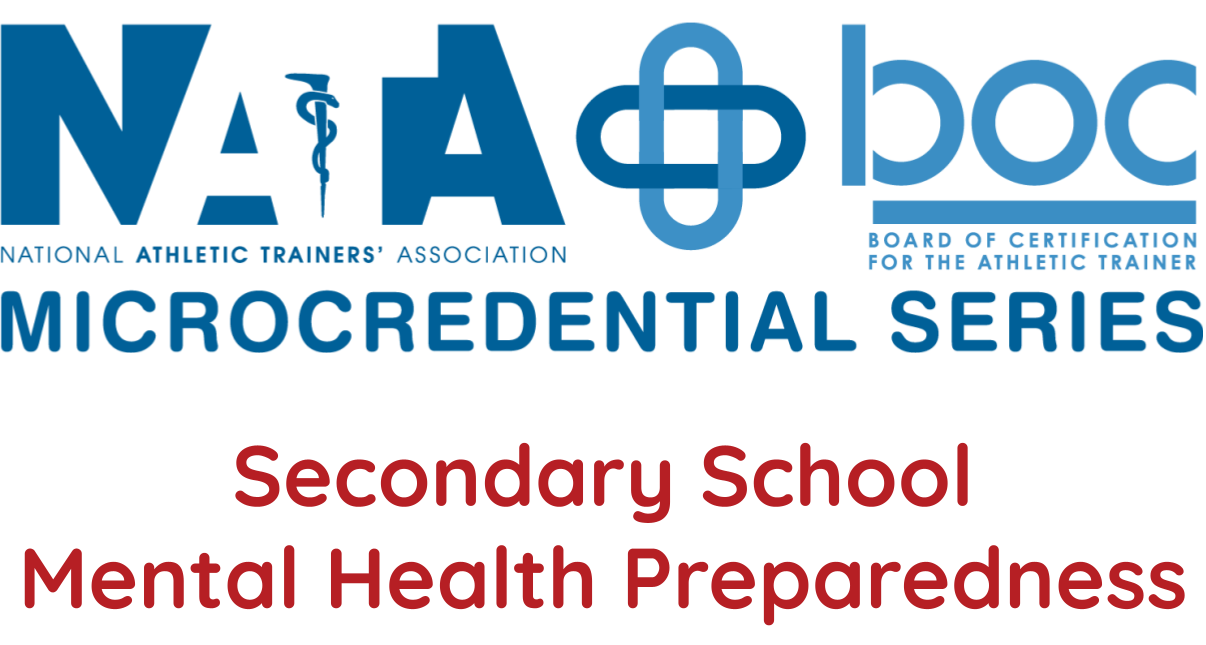
Treating Sick Muscles After ACL Injury: Translating the Science into the Clinic
-
Register
- Non-member - $25
- Member - Free!
- Student - Free!
- Certified Student - Free!
- Retired - $15
This presentation was recorded at NATA 2022 in Philadelphia and featured in our 2023 Encore.
Abstract:
Atrophy that occurs after anterior cruciate ligament (ACL) injury continues despite being actively engaged in exercise. Recognizing the multitude of factors and cascade of events that are present and negatively influencing the regulation of muscle mass after ACL injury will likely enable clinicians to design more effective interventions. This session will present the mechanisms by which muscle mass is lost after ACL injury and evidence in support of alternative exercise interventions to optimize muscle recovery after injury.
Learning Objectives:
- Develop a rehabilitation protocol that directly targets insufficiencies in neural activity and muscle morphology after ACL injury
- Summarize how mechanically engaging muscle is beneficial to targeting adaptations in muscle size and composition
- Understand the time course of muscle dysfunction after injury so that the timing of the intervention is the most effective
Level:
Advanced
Domain(s):
- Domain 4: Therapeutic Intervention
CEUs:
1.0 Category A
Keywords: rehabilitation, neuromuscular, muscle atrophy, ACL, injury, recovery
Enhanced Access On-Demand Course Expiration:
Access to this course will expire at the end of the membership year on December 31 at 11:59 p.m. CST.
For full details, refer to the Expiration Date Policy on our FAQ page.
Lindsey Lepley, PhD, ATC
Dr. Lindsey Lepley is an associate professor of Athletic Training, director of the Comparative Orthopaedic Rehabilitation Laboratory (CORL), and co-director of the Orthopedic Rehabilitation & Biomechanics Laboratory (ORB) at the University of Michigan School of Kinesiology. In 2014, she earned a PhD in Kinesiology from the University of Michigan and subsequently completed a post-doctoral fellowship at the University of Kentucky’s Center for Muscle Biology. Dr. Lepley took her first faculty position at the University of Connecticut and has been at the University of Michigan since 2019.
Dr. Lepley’s research program focuses on elucidating the mechanisms that regulate skeletal muscle strength, activation, and structure after traumatic joint injury to establish interventions that optimize muscle recovery. To advance clinical practice, her research group utilizes non-invasive animal injury models and human subject research to design, test, and translate new sports medicine strategies from conception to practice. This rare blend of scientific approaches empowers her lab to make fundamental discoveries about musculoskeletal health that can change rehabilitation.
This work has received several research awards and been selected for featured presentations at national and international scientific meetings. In 2018, Dr. Lepley was awarded a K01 Mentored Research Scientist Career Development Award from the National Institutes of Health. In 2022, Dr. Lepley translated key findings from her K01 award to R01 funding. Other notable accomplishments include the 2022 Dr. Freddie & Mrs. Hilda Pang New Investigator Award by the National Athletic Trainers’ Association and the 2015 New Investigator Award by New England American College of Sports Medicine.
Dr. Lepley has authored more than 50 research articles in peer-reviewed journals including the American Journal of Sports Medicine, Exercise and Sport Sciences Review, Frontiers in Physiology, Journal of Applied Physiology, Journal of Orthopaedic Research, and Journal of Orthopaedic & Sports Physical Therapy.

